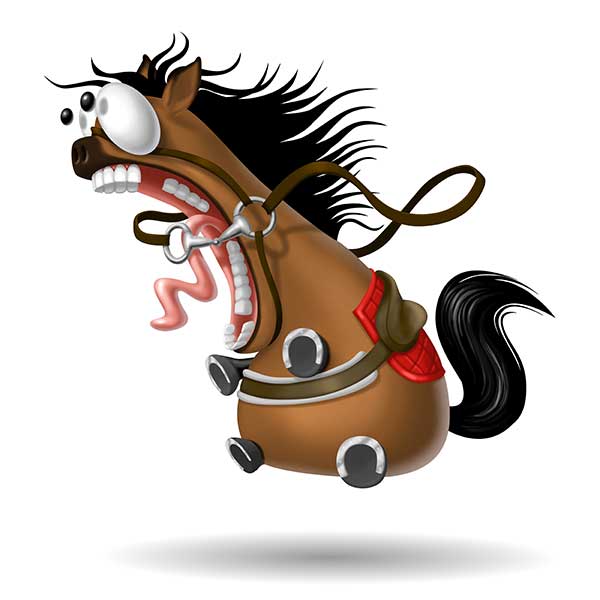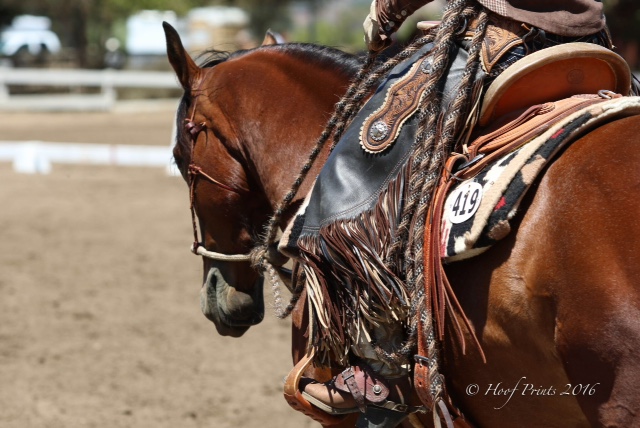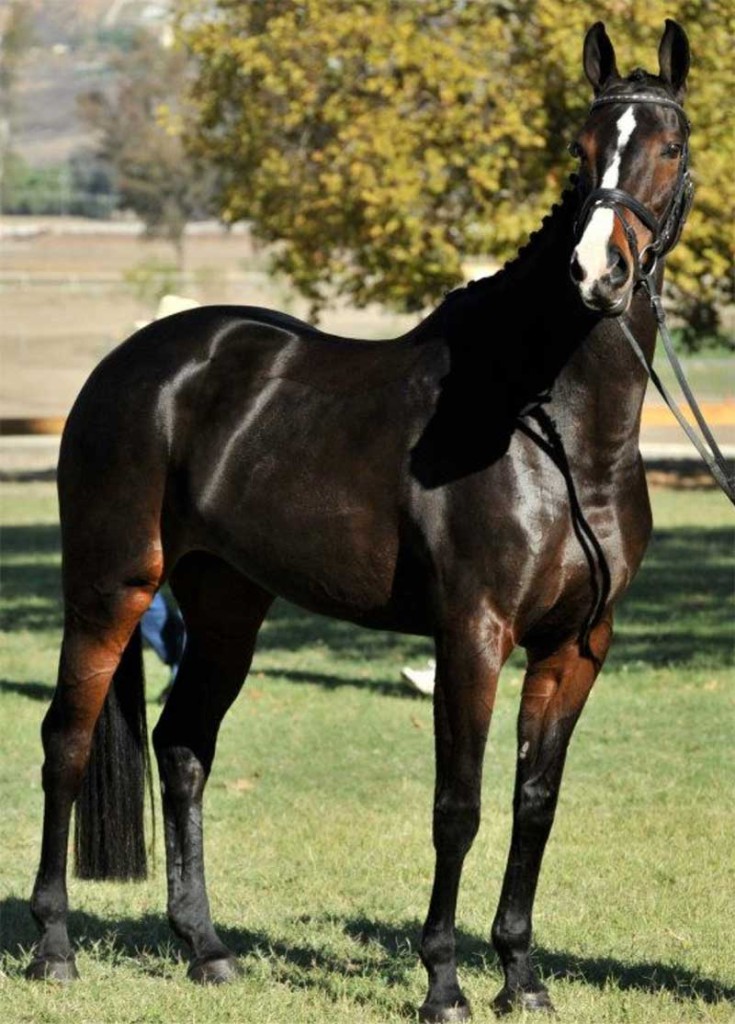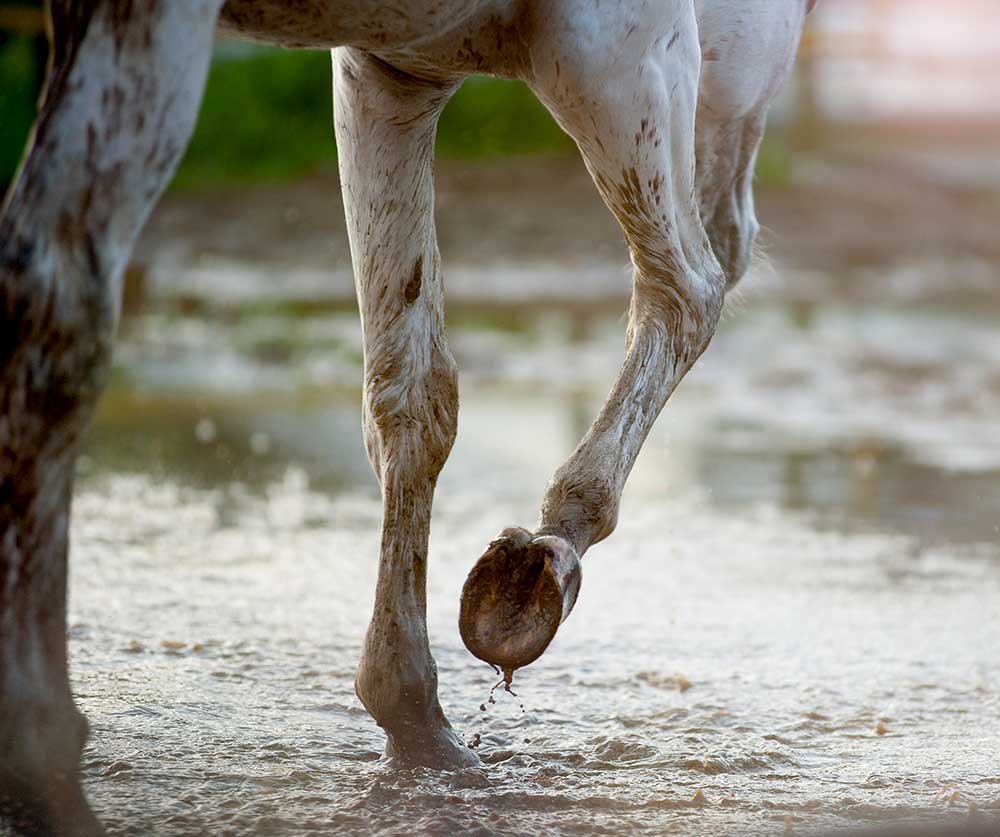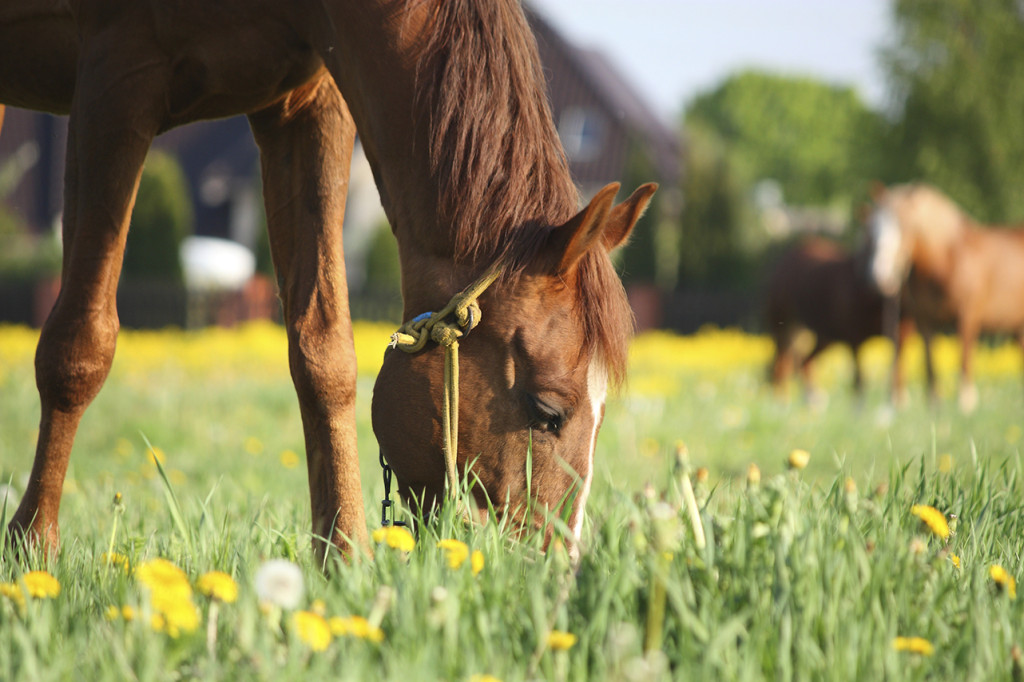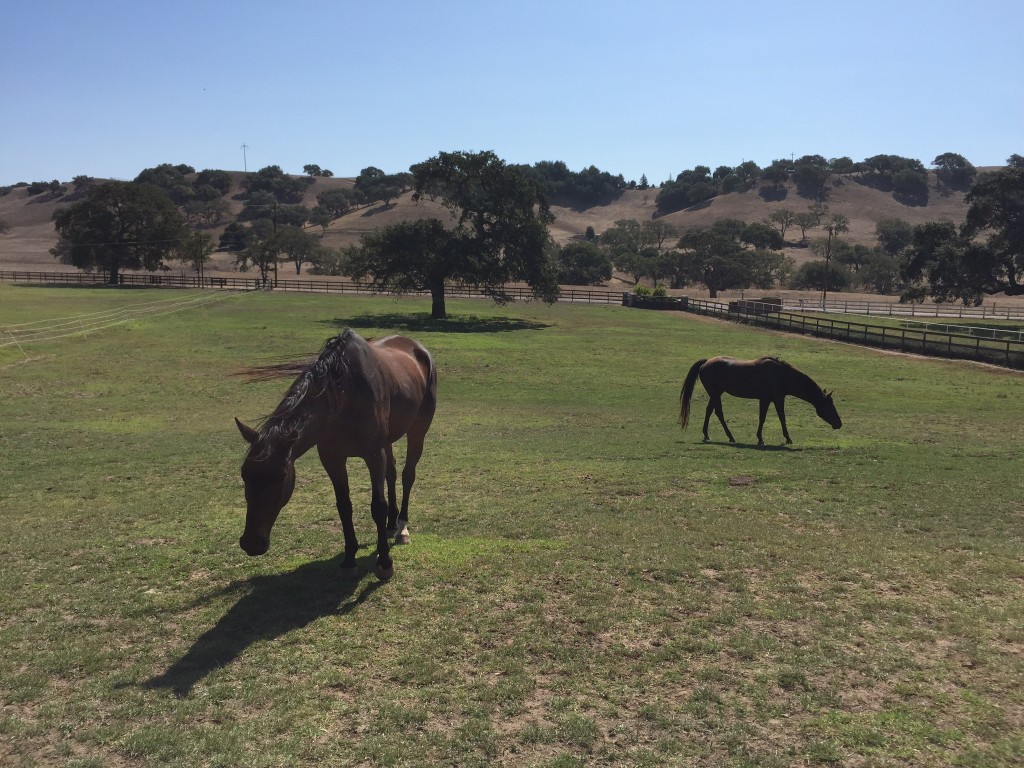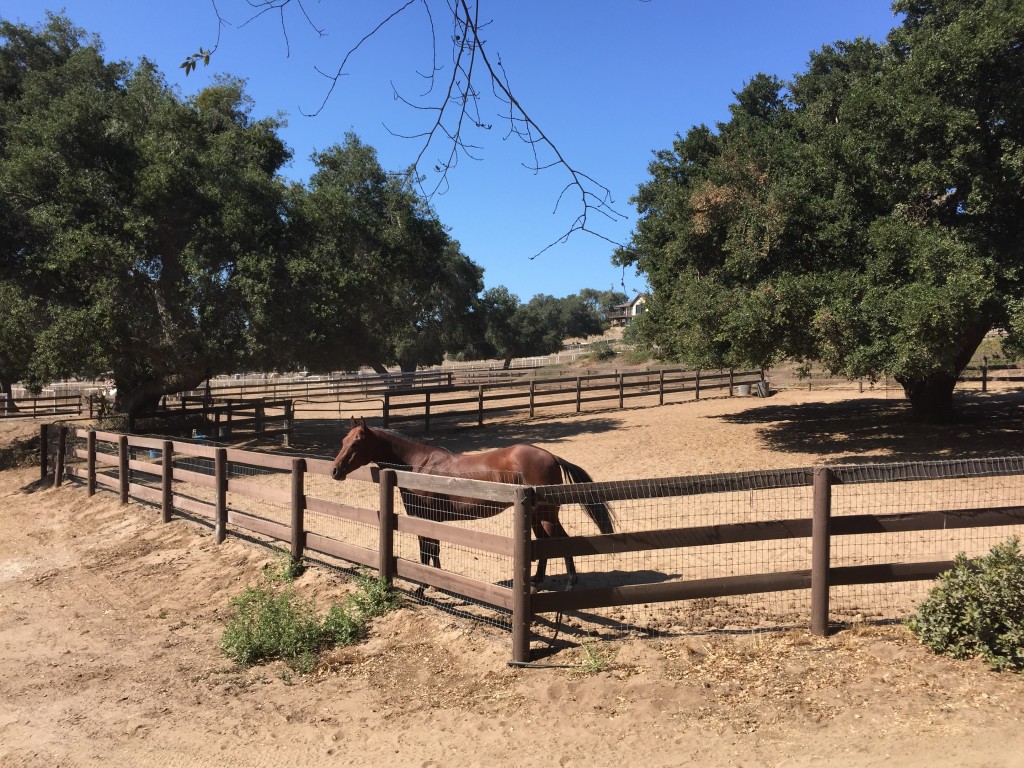Your horse did what?
So lucky you, you got the crazy mare, you lunge her, lower the carbs in the diet, offer a prayer to various deities and yet when you want her to do the work she acts like she is on crystal meth.
Hmmm how do we fix this? If I had a dollar for every rider who has come up to me at shows over the years with similar stories, I would be lying on a beach on a tropical isle with a drink with an umbrella in it.
Here’s the problem – there are a lot of reasons why your horse can present an attitude that is akin to Genghis Khan, when he is having a bad day. Many experienced trainers will adamantly state that it is the owner’s fault, that the horse is not being managed correctly hence the wack job personality. We would agree sometimes that may be the case. Continue reading

